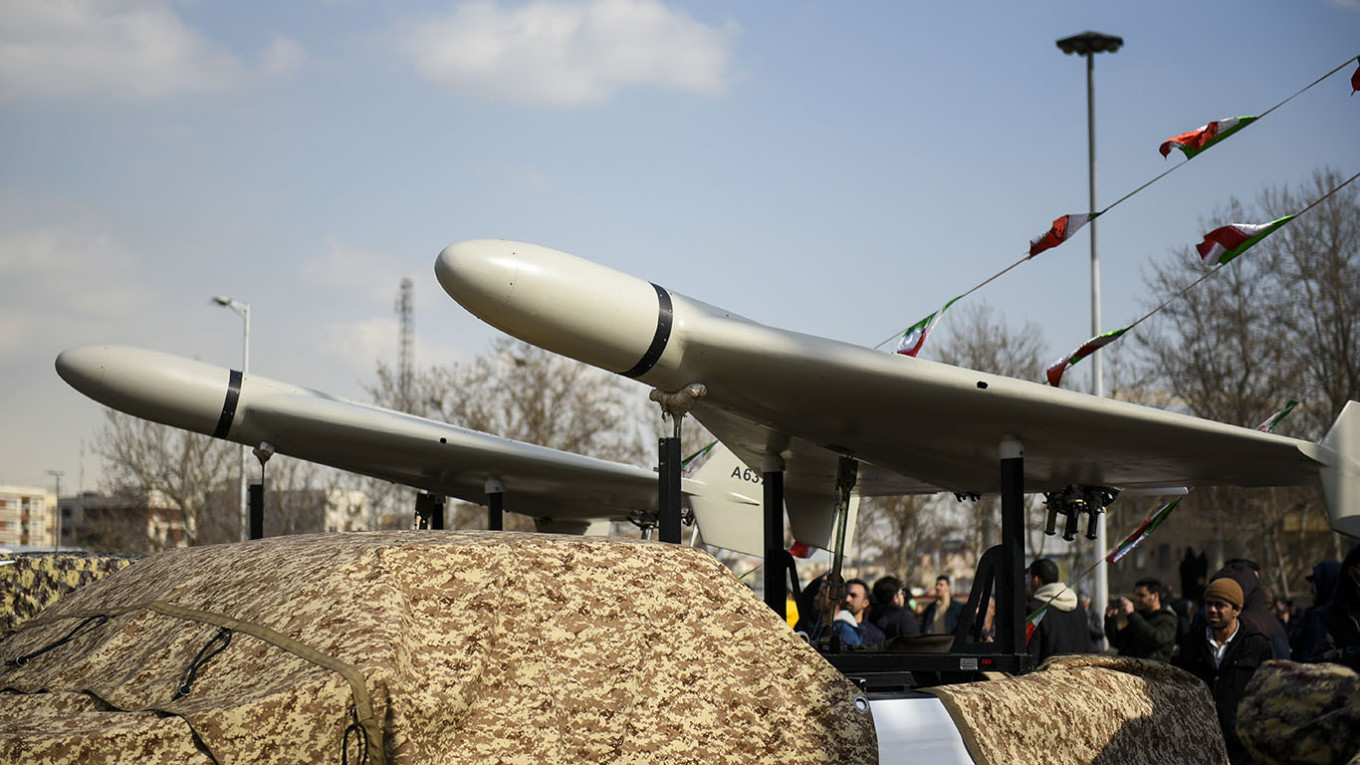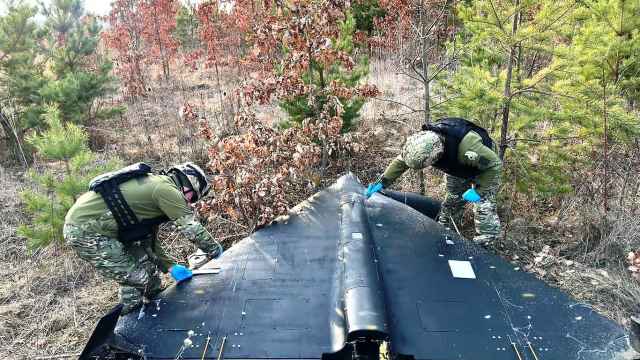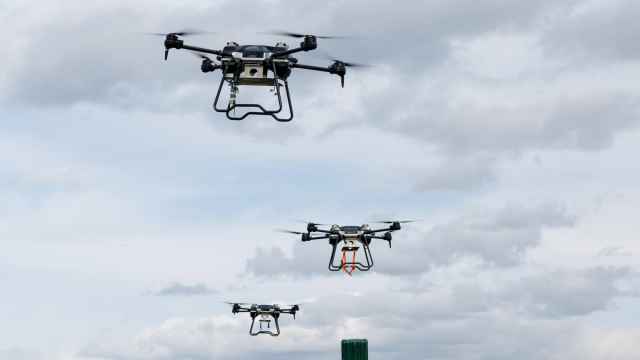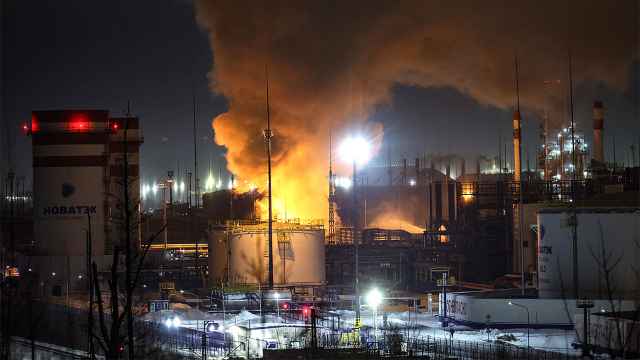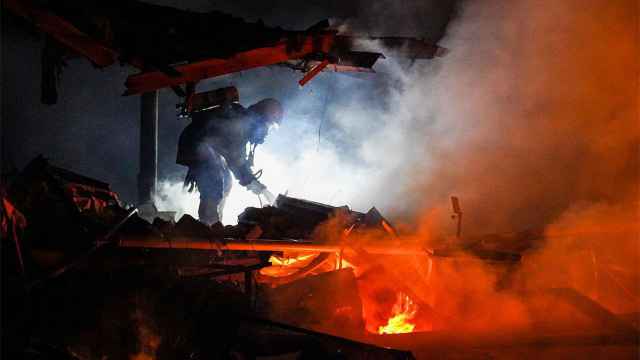Chinese and Russian companies are developing and testing an attack drone modeled on the Iranian-made Shahed for shipment to Russia, Bloomberg reported Tuesday, citing anonymous European officials familiar with the matter.
Although the name of the unmanned aircraft under development has not been revealed, Bloomberg says reports by Chinese defense websites and media outlets suggest the Shahed-like drone is called the “Sunflower 200.”
Bloomberg’s report also did not identify the companies involved in the attack drone development.
The European officials cited by Bloomberg said Ukraine’s allies worry China could produce attack drones “at a far greater rate” than Russia or Iran.
China has not condemned Russia's use of thousands of Shahed drones in its full-scale invasion of Ukraine. Instead, Beijing has positioned itself as a neutral party in the war and previously presented a peace plan that Kyiv and its Western allies largely dismissed.
Kremlin spokesman Dmitry Peskov said Wednesday that “we don’t react in any way” to the report, according to the state-run TASS news agency.
Russia’s defense and foreign ministries did not reply to Bloomberg’s request for comment.
The Chinese Embassy in Washington denied that Beijing provides weapons to Russia or Ukraine and said it strictly controls exports of dual-use goods.
“It is quite clear to the international community who is calling for dialogue and striving for peace, and who is fueling the fight and inciting confrontation,” said embassy spokesman Liu Pengyu.
Ukrainian President Volodymyr Zelenskiy said last month that Chinese President Xi Jinping had promised him not to provide Russia with weapons.
The United Kingdom claimed in May that China was sending or preparing to send “lethal aid” to Russia for use in the war against Ukraine. The United States questioned that assessment at the time.
According to Bloomberg’s report, Washington believes Beijing sends Moscow kits that can be converted into attack drones and is still considering whether to send fully built drones, Bloomberg reports.
A Message from The Moscow Times:
Dear readers,
We are facing unprecedented challenges. Russia's Prosecutor General's Office has designated The Moscow Times as an "undesirable" organization, criminalizing our work and putting our staff at risk of prosecution. This follows our earlier unjust labeling as a "foreign agent."
These actions are direct attempts to silence independent journalism in Russia. The authorities claim our work "discredits the decisions of the Russian leadership." We see things differently: we strive to provide accurate, unbiased reporting on Russia.
We, the journalists of The Moscow Times, refuse to be silenced. But to continue our work, we need your help.
Your support, no matter how small, makes a world of difference. If you can, please support us monthly starting from just $2. It's quick to set up, and every contribution makes a significant impact.
By supporting The Moscow Times, you're defending open, independent journalism in the face of repression. Thank you for standing with us.
Remind me later.


